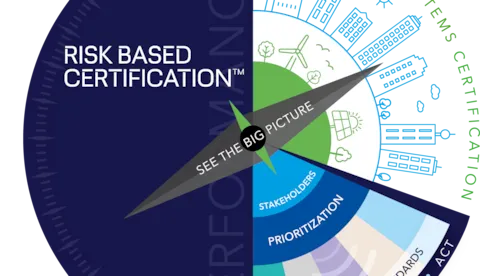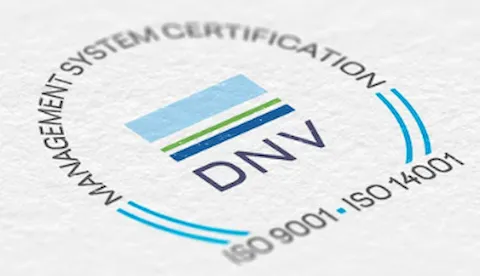DNV is an independent assurance and risk management provider, operating in more than 100 countries.
Through its broad experience and deep expertise DNV advances safety and sustainable performance, sets industry standards, and inspires and invents solutions. DNV is one of the world’s leading certification, assurance and risk management providers. Whether certifying a company’s management system or products, providing training, or assessing supply chains, and digital assets, we enable customers and stakeholders to make critical decisions with confidence. We are committed to support our customers to transition and realize their long-term strategic goals sustainably, collectively contributing to the UN Sustainable Development Goals.














